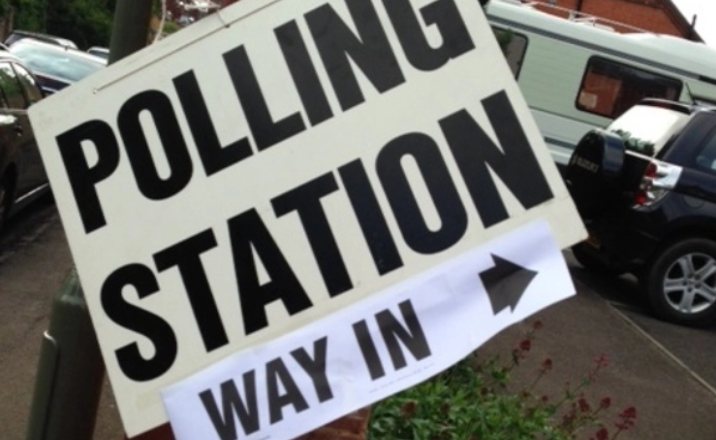
Following an election where the environment emerged as a top priority for both voters and all the main parties, Party leaders stressed their commitment to the UK's net zero target throughout the final few days of the campaign.
In one of his last messages before the polls opened, Labour leader Jeremy Corbyn tweeted that "if you put a cross [against Labour], you'll save our NHS, properly fund our schools and tackle the climate emergency".
Conservative Leader Boris Johnson has also repeatedly highlighted the government's decarbonisation plans, pledging to deliver a "green Industrial Revolution" if re-elected today. Meanwhile, the Lib Dems, Greens, SNP, and Plaid all made environmental policy a key plank of their pitch to the country, with all the Parties promising to pull forward the UK's net zero emission target date from 2050.
Earlier today, newly anointed Time Person of the Year Greta Thunberg urged voters to treat the 'climate emergency' as their top priority. "Every election is a climate election," she wrote on Twitter. "Vote for your children. Vote for the planet. Vote for future generations. Vote for humanity."
Whatever the result of the election, the incoming administration will face a bulging in-tray of environmental policy issues, as they seek to deliver on their sweeping manifesto pledges.
Ahead of the election campaign the government had been planning a new Energy White Paper, Transport Decarbonisation Plan, Environment Bill, Agriculture Bill, and Fisheries Bill, alongside wide-ranging promises to deliver a Green Brexit. At the same time Labour is promising to deliver a huge Green New Deal investment programme, while also renegotiating the UK's Brexit agreement ahead of a confirmatory referendum.
As such, whoever forms the next government will be under immediate and intense pressure from businesses and investors to come forward with a new policy framework to accelerate the UK's rate of decarbonisation.
The in-coming administration will also face immediate calls for it to step up preparations for the UK's co-hosting of the COP26 UN Climate Summit in Glasgow next November, which is slated to be the biggest international climate event since the Paris Agreement was signed in 2015.